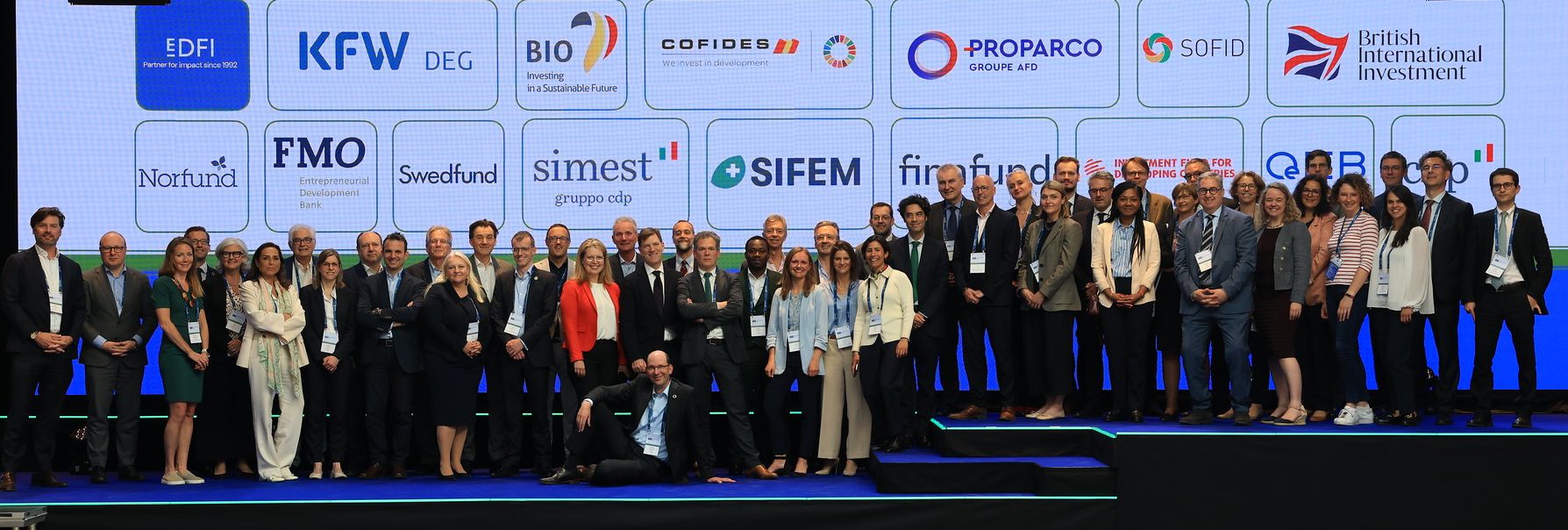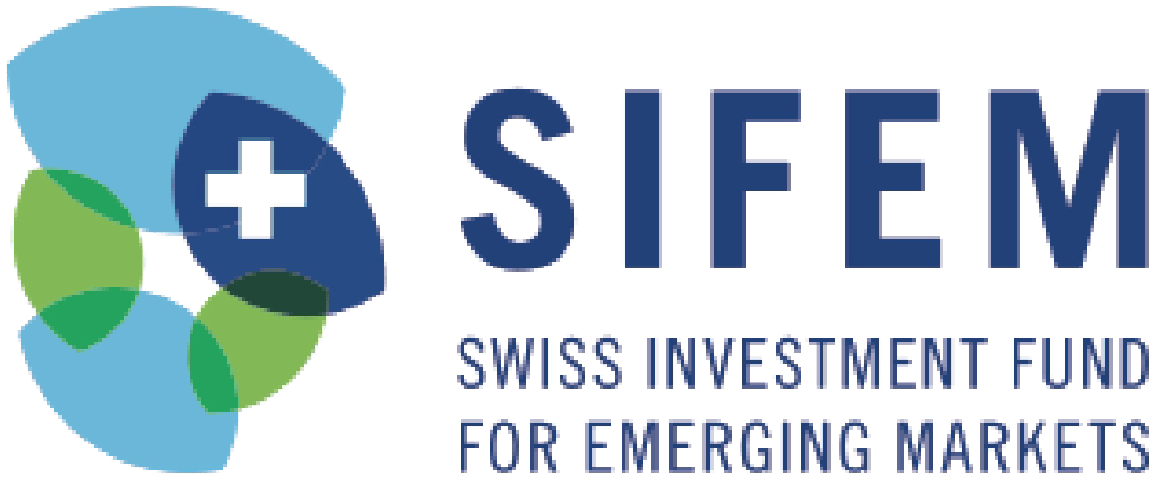Our Members
With a combined portfolio of €53 billion, including over €15 billion of climate finance, the 15 member European Development Finance Institutions who comprise the EDFI Association share a vision of a world where the private sector offers people in low- and middle-income countries opportunities for decent work and improved lives, and where private investment flows align with the Sustainable Development Goals and the Paris Climate Agreement.

What makes a DFI
Development Finance: DFIs are critical to supporting private sector-led growth in the developing world.
SDGs: The private sector-led growth that DFIs contribute to support job creation, women’s economic empowerment, climate improvements, and poverty alleviation.
Impact: DFI commitments – loans, equity stakes, and grants – support commercially sustainable private sector projects that in many cases would not otherwise have obtained financing.
European DFIs: As specialised development organisations, they invest in private sector projects in low- and middle-income countries to promote sustainable economic growth at a local level.
Promoting joint investment activities
EDFI members believe that, in many instances, they can be more effective and efficient by working together. They often partner with each other and join forces with other financial institutions to leverage mutual expertise and pool funding for a specific investment project. This allows them to reach scale, share expertise, and spread risk, especially in challenging countries and sectors.
Over the last years, EDFI members have set up several facilities to promote joint investment activities among themselves and with other institutions, e.g. the European Investment Bank (EIB). Facilities such as EFP and ICCF enable participating institutions to invest more easily alongside one-another and help mobilise funds to bring about larger-scale projects. The facilities are characterised by relatively efficient and fast-track processes with low administrative overheads.
In 2016, EDFI established the EDFI Management Company, to manage those financing instruments on behalf of EDFI members. Learn more
Policy
DFIs who are members of the EDFI Assocation share common positions on many fronts. They include areas like responsible financing, the EU sustainable finance regulatory framework, gender, taxation, blended finance, and mobilisation of private capital. Learn more
EDFI membership
EDFI consists of Institutions, established in a Member State of the European Union or in a Member State of the European Free Trade Association (E.F.T.A), which are effectively exercising or planning to undertake activities within the field of development finance for the private sector in countries outside the European Union and which are considered “bilateral institutions”. Collectively, these member institutions employ more than 3,000 investment professionals and support staff, working from headquarters in Europe and 55 overseas offices.
BII, the British International Investment (previously CDC) – the UK’s Development Finance Institution, has been a founding member of EDFI since 1992 and remains an active member following Brexit.
EDFI membership comprises: BII (United Kingdom), BIO (Belgium), Cofides (Spain), DEG (Germany), Finnfund (Finland), FMO (The Netherlands), IFU (Denmark), Norfund (Norway), OeEB (Austria), Proparco (France), SIFEM (Switzerland), Simest and CDP Development Finance (Italy), SOFID (Portugal), Swedfund (Sweden).















